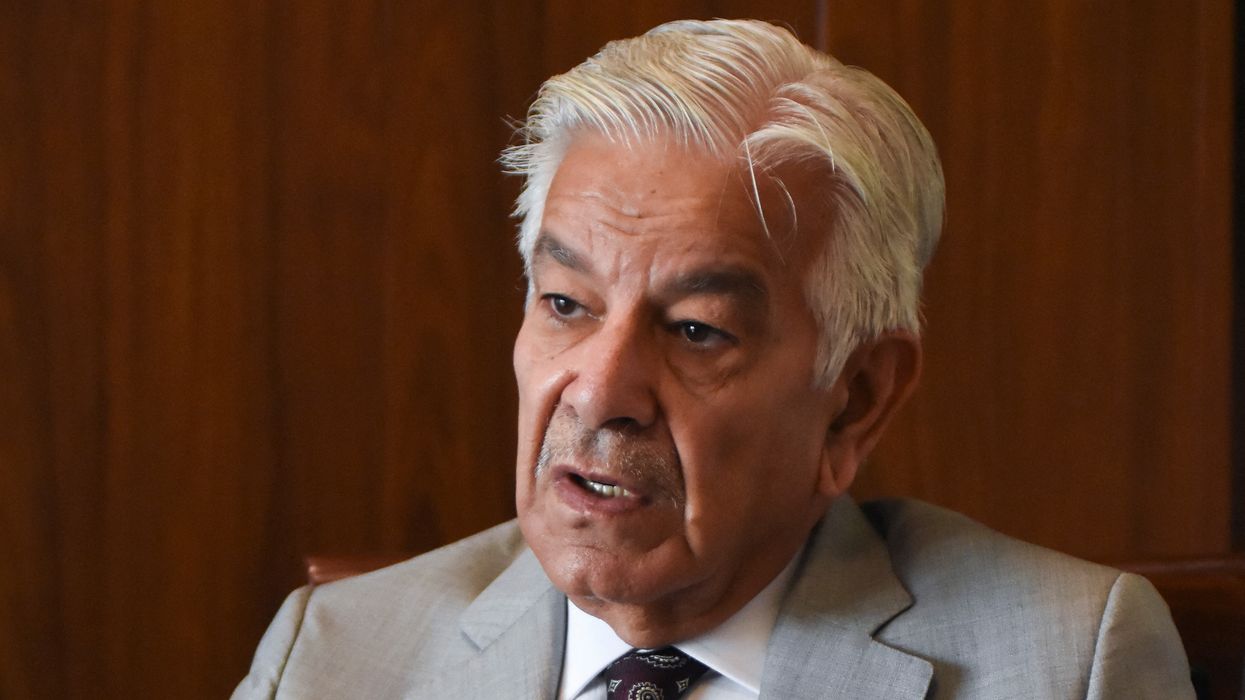PAKISTAN's defence minister Khawaja Muhammad Asif said on Monday that a military incursion by India was imminent, following a recent attack on tourists in Kashmir that killed 26 people.
The attack led to widespread anger in India and calls for action against Pakistan. India has blamed Pakistan for supporting terrorism in Kashmir, a region claimed by both countries and the focus of two previous wars.
“We have reinforced our forces because it is something which is imminent now. So in that situation some strategic decisions have to be taken, so those decisions have been taken,” Asif told Reuters in an interview in Islamabad.
He said Pakistan's military had briefed the government about the possibility of an Indian attack. He did not provide further details on why he believed the incursion was imminent.
India’s foreign and defence ministries did not immediately respond to requests for comment.
ALSO READ: Five key developments after the deadly Kashmir attack
Following the Kashmir attack, India said the two suspected attackers were Pakistani nationals. Pakistan has denied any involvement and called for a neutral investigation.
Indian prime minister Narendra Modi has said the attackers would be pursued and punished.
Asif said Pakistan remained on high alert but would only consider using nuclear weapons if “there is a direct threat to our existence.” He is a senior member of the ruling Pakistan Muslim League-Nawaz party, which has supported peace talks with India in the past.
Asif also said Islamabad had contacted countries including Gulf states, China, Britain, and the United States to inform them of the situation. “Some of our friends in the Arabian Gulf have talked to both sides,” he said, without naming the countries.
China said on Monday that it hoped for restraint and supported steps to de-escalate tensions. Asif said the US was so far “staying away” from direct involvement.
US president Donald Trump said last week that India and Pakistan would resolve the issue themselves. The US State Department later said Washington was in contact with both sides and encouraged a “responsible solution.”
Since the Kashmir attack, both India and Pakistan have taken steps against each other. India has suspended the Indus Waters Treaty, a key river-sharing agreement, and Pakistan has closed its airspace to Indian airlines.
ALSO READ: David Lammy urges de-escalation amid rising India-Pakistan tensions
Asif called India's move an “act of war” and said depriving vulnerable areas of water would be taken up with international guarantors. “We have already gone to relevant quarters as far this treaty is concerned,” he said, urging the international community and the World Bank to uphold the agreement.
India has also accused Pakistan of supporting the terrorists responsible for the 2008 Mumbai attacks, in which more than 166 people, including foreigners, were killed. Pakistan denies the allegation.
(With inputs from Reuters)





